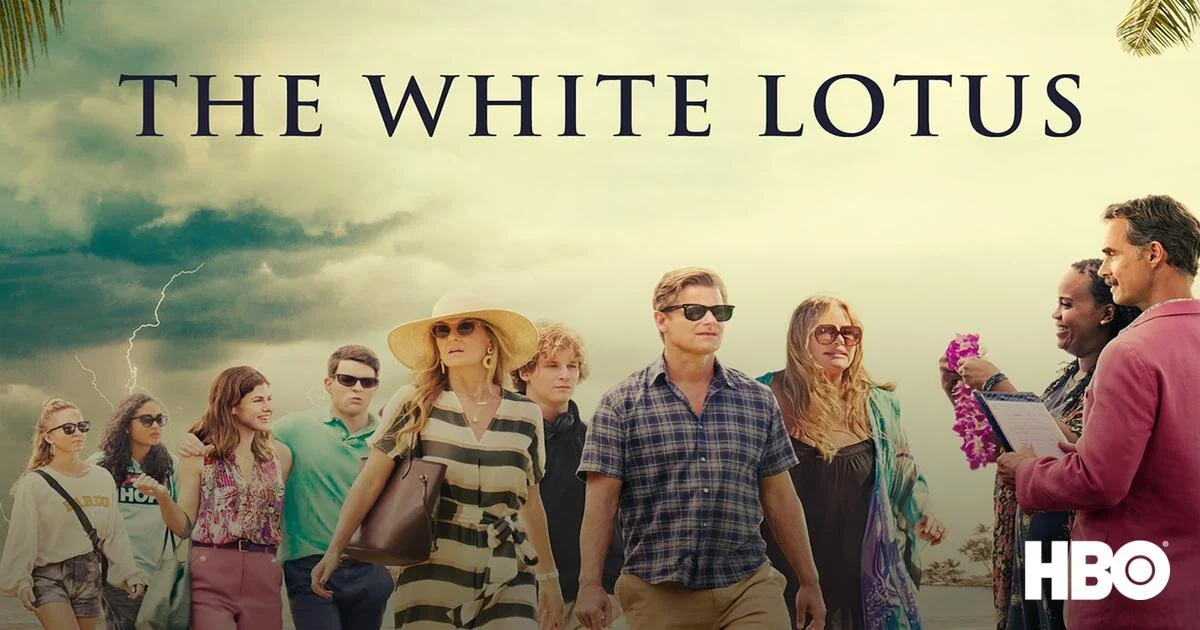Roman Holiday’s Influence on Enchanted
My favorite movie growing up was Kevin Lima’s 2007 feature, Enchanted. Even as young as 5, I loved the comedic and romantic aspects of the film; the over-the-top prince, the beautiful dresses, the love triangles, it always made me laugh and gave me a sense of sentimentality. Truthfully, I haven’t thought about Enchanted in years, until I watched William Wyler’s 1953 film, Roman Holiday. The similarities between the two movies are uncanny and it was so interesting to see how much inspiration Enchanted drew from Roman Holiday.
While I don’t believe that Enchanted is exactly a modern-day retelling of Roman Holiday, certain scenes of the movie feel like an updated narrative of the iconic princess/prince trope more than 50 years later. I don’t believe that Roman Holiday is dated at all, the film feels fresh, funny, and is bursting with that classic Old Hollywood romance that I am such a sucker for. Some surface-level changes that happen in Enchanted make it feel more modern. For example, when Princess Ann cuts her hair short, the style is very fashion-forward for 1953, when Princess Gisele cuts her hair, it’s in style for 2007. While the hairstyles are different, one is short, one is long and silky, the idea of both the princess finally being able to have control over an aspect of their appearance is the same. Both stories show a female lead gaining independence in all aspects of their life.
Another scene where I saw a direct correlation between the two films is in the costuming, and no, not in the princess gowns. Both princesses are forced to stay the night in a strange man’s apartment. Ann and Gisele end up wearing the man’s pajamas, which are ill-fitting on both of them. This costume choice shows helplessness and vulnerability about the princesses and is a comedic way of showing a budding romance at the beginning part of each film.









